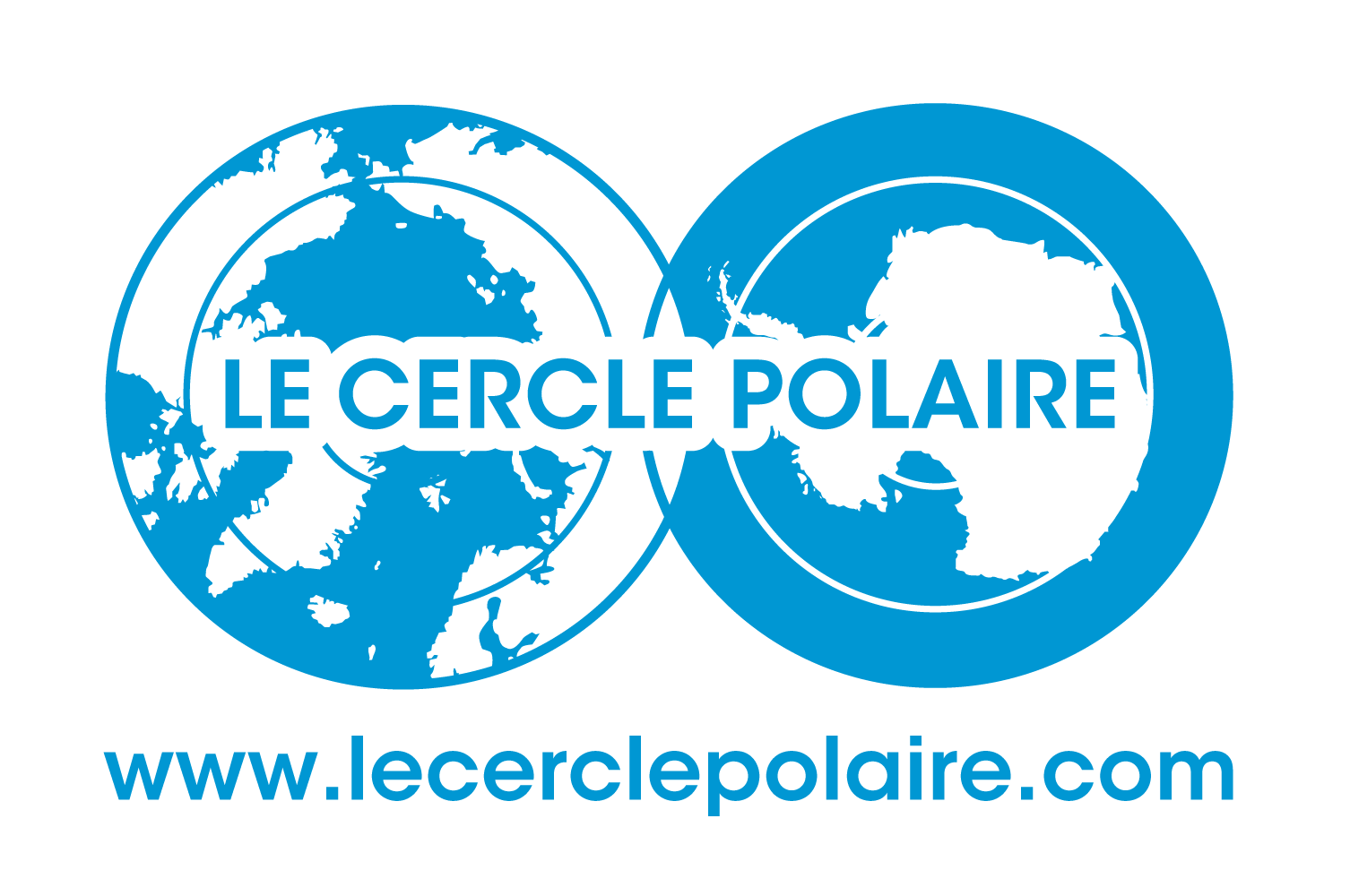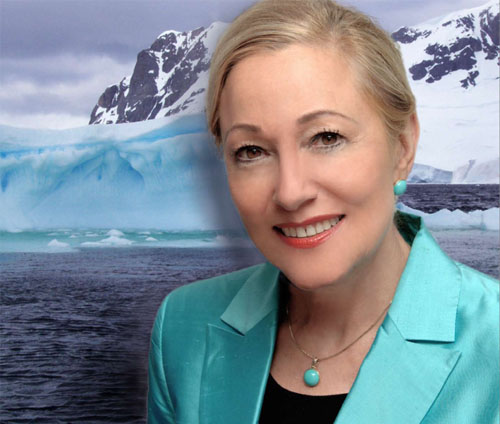
Eurocommissaire • Autriche
Sans une gouvernance multilatérale, il sera difficile de protéger l’environnement arctique
Benita Ferrero-Waldner est commissaire européen en charge des relations extérieures depuis 2004. Après un doctorat de droit à l’Université de Salzbourg (1970), elle a été successivement diplomate, secrétaire d’État pour les Affaires étrangères et ministre fédérale des Affaires étrangères. Avec Joe Borg, elle est à l’initiative de la communication de la’UE de novembre 2008 proposant les jalons d’une politique européenne de l’Arctique.
The melting Arctic has been described as the canary in the coal mine of global warming – or a sign of a future, larger problem. That canary is dying. In the past six years alone, the ice cap has lost up to half its thickness near the North Pole and may have passed a tipping point. The shifting landscape of the Arctic does not only have serious implications for climate change, but also creates wider security challenges as well as creating opportunities. Some have likened the opening of a new waterway between the Atlantic and Pacific oceans as akin in historic significance to the opening of new trade routes via the Suez Canal, in 1869, or that of Panama, in 1914. There will be potential access to huge new resources – including nearly a quarter of the world’s remaining untapped oil and gas reserves. All of these changes will affect the EU. All will require careful management. I believe that the EU is uniquely well-placed to contribute to that effort. By geography we are a natural stakeholder. Three member states have territories in the Arctic. Two Arctic states are members of the EEA. And all the others are EU strategic partners. We have been important contributors to Arctic research and have worked to defend the rights of indigenous peoples. But, perhaps most importantly, we are world leaders in the fight against climate change. Not only have we set ourselves the most ambitious targets, we have also done our homework on how to achieve them. That is why, together with my fellow Commissioner Joe Borg, we presented proposals to the November European Council for the first ever EU policy for the Arctic, in the form of a Commission Communication. Our objectives are to contribute to the preservation of the Arctic; sustainable use of resources; and stronger multilateral governance. It is clear that without the latter, any progress will be difficult. We believe in trying to add value rather than reinvent the wheel. We therefore support the further development of Arctic multilateral cooperation based on principles established by the UN Convention on the Law of the Sea (UNCLOS). And to that end, we have also requested observer status to the Arctic Council. In my four years as Commissioner for External Relations, it has become ever clearer to me that addressing climate change is one of the most pressing foreign policy challenges of our times.

